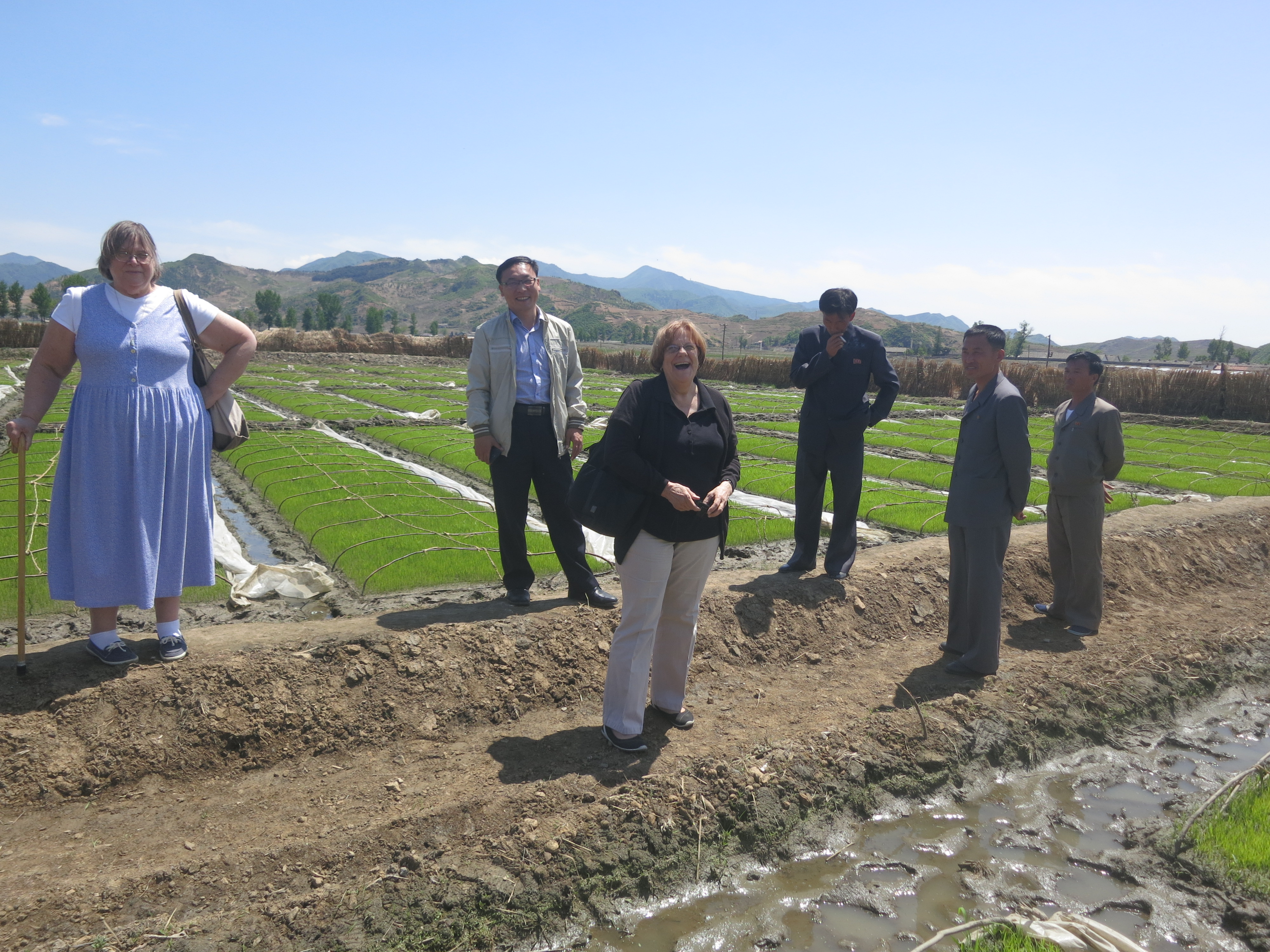
AFSC Delegation Visit to the DPRK in May 2015 AFSC
Reporting on North Korea is one of the most challenging beats in the world.
It's no wonder that coverage of the DPRK tends to follow a predictable, bad-guy-versus-good-guy storyline: It's nearly impossible for most journalists to get accurate, timely information about North Korea or its people. But that's not a reason to keep telling the same stories over and over again. In fact, there are many more sides to this issue than currently make the news. Want to tell a new, compelling, and more accurate story about what's happening on the Korean Peninsula? Here are five tips to help you write like an expert on North Korea.
- DO focus on the WHOLE policy conversation: Including engagement.
While some outlets have covered all of the policy options available to the U.S., most haven't. In fact, engagement at both the policy level and the grassroots level are two promising avenues to resolving this conflict, yet they almost never make the news. Wait a second, we hear you saying: Engage with North Korea? Seriously? Actually, research shows that nonviolent solutions to conflict last longer than violent solutions like war. Journalists can help inform readers of ALL the policy options by writing about engagement too.
- DO write stories that humanize everyday North Koreans.
People in North Korea are just that: People. But, current media coverage of daily life in North Korea overwhelmingly focuses on North Koreans-as-victims. This flat picture obscures the variety of everyday experiences people have there. It also creates an opening for the enterprising journalist to tell a wealth of new human-interest stories.
- DO NOT repeat dangerous stereotypes. Orientalism is alive and well in reporting on North Korea.
To get the story right, it is important to move away from stereotypes of North Korea as irreconcilably different from yourself or your readers. Rather, journalists have an opportunity to translate for readers the day-to-day lives of the people that live in the DPRK, a place many readers may never get to visit.
- DO NOT use crazy/sane metaphors when reporting on North Korea (or anywhere).
It's inaccurate to write an entire country off as "crazy" or "sane." Yet, this is something we see over and over again in DPRK reporting. Doing so erases the history of one of the longest-running armed conflicts in the world. Reporting on this history, however, gives readers what they need: Information to help them stay informed about important issues.
- DO quote experts who have been there.
Most people in the U.S. haven't been to North Korea. Be wary of sources who have never traveled there, or who can't give first-hand accounts. Quote experts who have been traveling there regularly over many years. They're great for background information too.